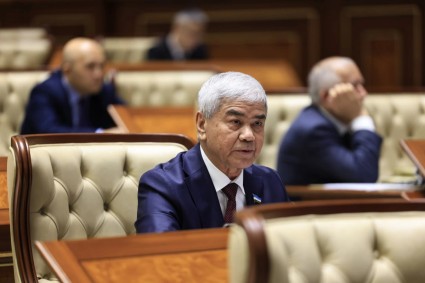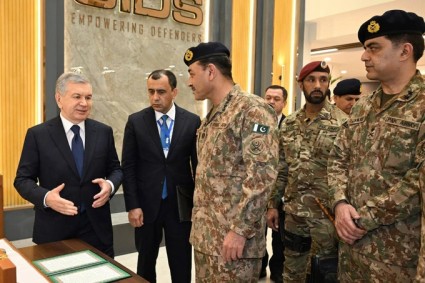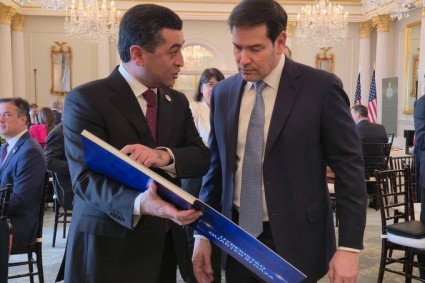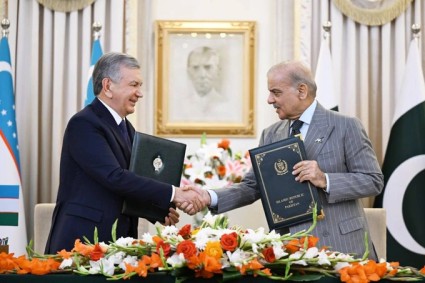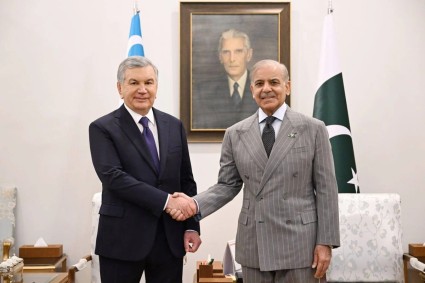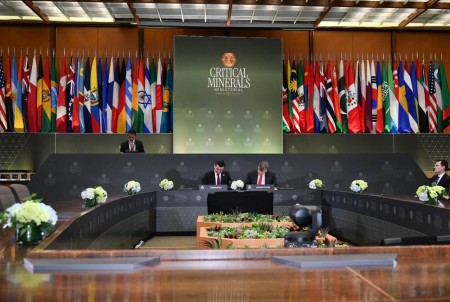The joint expert group from among the experts of the Institute for Forecasting and Macroeconomic Research and Uzbekiston Railways assessed the importance of the International Conference: "Central and South Asia: regional interconnectivity. Challenges and Opportunities”, which will be held on July 15-16, 2021 in Tashkent.
According to the Institute, at present 93% of all cargoes from China to Europe, and 96% from India to Europe and back are transported by sea. The two-way trade between the two largest economies of Southeast Asia-India and Pakistan with the EU countries shows stable growth, which leads to the emergence of demand for alternative transport routes. The accession of these countries in 2017 to full members of the SCO contributes to the search for solutions aimed at developing international trade, experts say.
Thus, the search for other alternative land routes by which it is possible to deliver goods to Europe and in back is an urgent task.
According to the forecasts of local experts, by 2025 the volume of cargo between India, Pakistan and European countries, with even the smallest hypothetical redistribution (3%) of a part of the traffic from the existing India-Pakistan-EU sea corridor and back to the Mazar-i-Sharif-Kabul-Peshawar route, will be 5.5 million tons. Revenues from the transportation of transit goods by railways of Uzbekistan are expected to reach US$ 595 million by 2025.
In order to increase the competitiveness of local corridors and reorient transit cargo from alternative to domestic railways, experts propose the earliest possible formation of:
Uzbekistan-Afghanistan-Pakistan and China-Kyrgyzstan-Uzbekistan with the organization of road transport of goods on the existing international highways from Kashgar (China) to Andijan (Uzbekistan) and Peshawar (Pakistan) to Galaba (Uzbekistan) with charging a tariff as for rail transportation.


